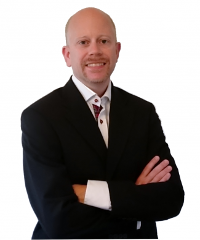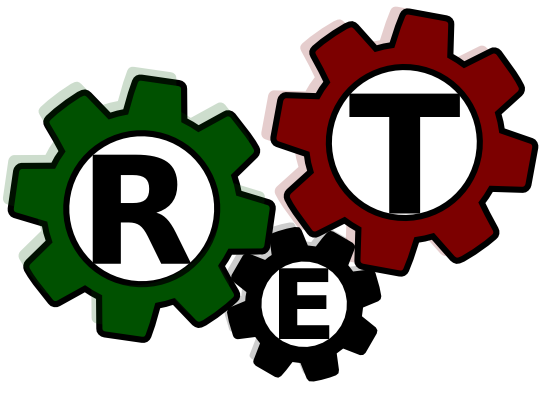About the workshop
Requirements Engineering and Testing (RET) are both important areas within software engineering, each with their research communities and set of practitioners. The coordination of these two fields affect the efficiency and the effectiveness of the entire software development cycle and its lead time, making this an important topic from a business perspective. While much work has been done in the respective fields of Requirements Engineering (RE) and Testing, there exists much more that can be done to increase the connection between the RE and the Testing process - we refer to this as “RET alignment”. Moreover, in many areas, such as in the automotive and telecommunications domains, certification of the system functionalities and qualities depends in part on demonstrating that the system has been thoroughly tested with respect to the requirements.
The objective of this workshop is to address the interplay of Requirements Engineering (RE) and Testing, in research and industry, including the challenges that come with connecting requirements and testing. The goal of this workshop is to highlight the importance of this cross-disciplinary research area and to develop a body of knowledge for RET. The first workshop (held in conjunction with the IEEE International Requirements Engineering Conference 2014) produced a map of the area of RET including 20 topics covered by this new research area. This map includes topics that are related to processes, practices, artefacts, methods, techniques, tools and softer aspects like the communication between roles in the software engineering processes.
The workshop aims to provide a dedicated forum for exchanging ideas and best practices and to foster industry-academia collaboration on this topic. In this way, the workshop connects the (currently) separate communities of RE and Testing.
Keynote Speaker

Thomas Olsson
RISE SiCS, Sweden
Coordinating requirements engineering and quality assurance in a complex release planning context: Experience from Sony Mobile
When planning the release of a new software for a mobile phone at Sony mobile, there are many factors influencing plan and several limitations inhibiting an ideal process. First of all, basically the same software is used globally. Secondly, the mobile network operators (a key channel to the market) typically require at least two test rounds which need to be scheduled weeks in advance. Where in-between, defects are expected to be handled. Third, despite the best efforts, avoiding a big bang like integration is almost impossible. Fourth, the main drivers for lead-time is not under Sony control, namely when Google will release the next update. Last, but not least, type approval is needed to be allowed to release a new software. In all of this, features should be planned, agreed, implemented and tested for various stakeholders. I will talk about the complex release environment at Sony Mobile and my thoughts on coordination of requirements engineering and quality assurance from the perspective of a product manager, including some viewpoints on what we should have done differently.
Thomas' Biography.Thomas Olsson has a Licentiate degree in Software Engineering (2002) from Lund university. The focus for his research is on requirements and quality management. The work is applied research, conducted in cooperation with industry, based on their needs and situation. After Thomas got his licentiate degree, he joined Fraunhofer, Germany. Fraunhofer is a research and consulting organization cooperating both with academia as well as industry. There he did research and consulting in the area of requirements engineering, specifically quality requirements such as performance and reliability. The automotive industry was one important customer. In 2006, Thomas started to work at Sony Ericsson (later renamed to Sony Mobile). He has had various roles within account and product management. Thomas left Sony Mobile in 2015 to join RISE SICS.
Currently, Thomas is a senior researcher at RISE SICS, performing research and consulting in the area of product management, in particular how to balance between functionality and quality aspects, such as performance or reliability.
Workshop impressions



















































